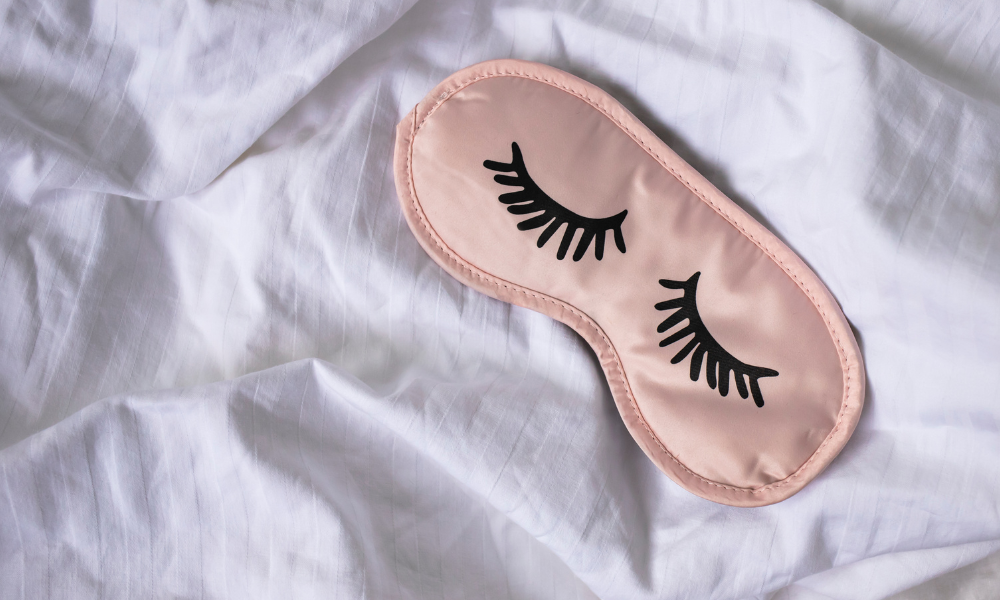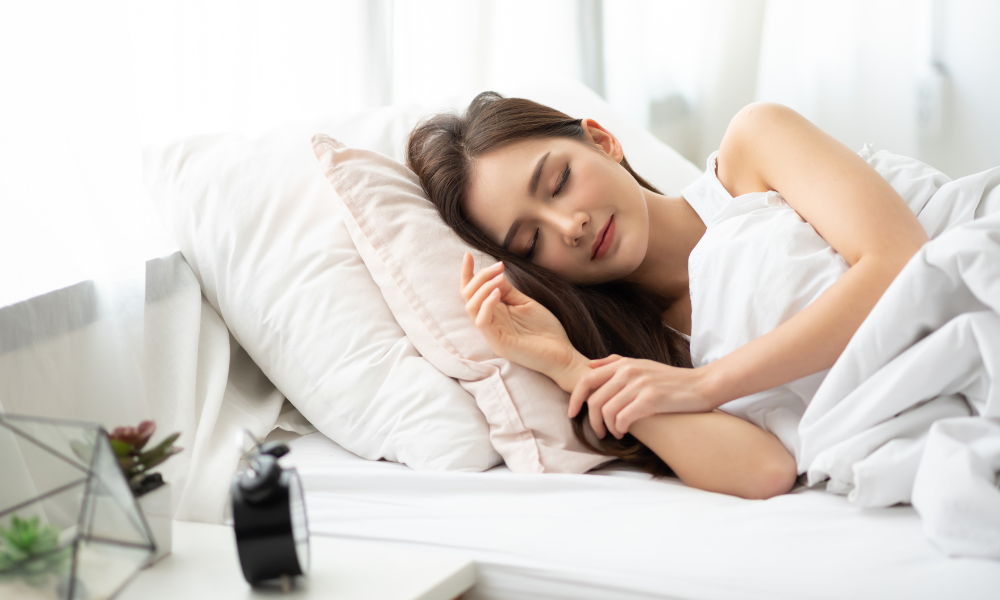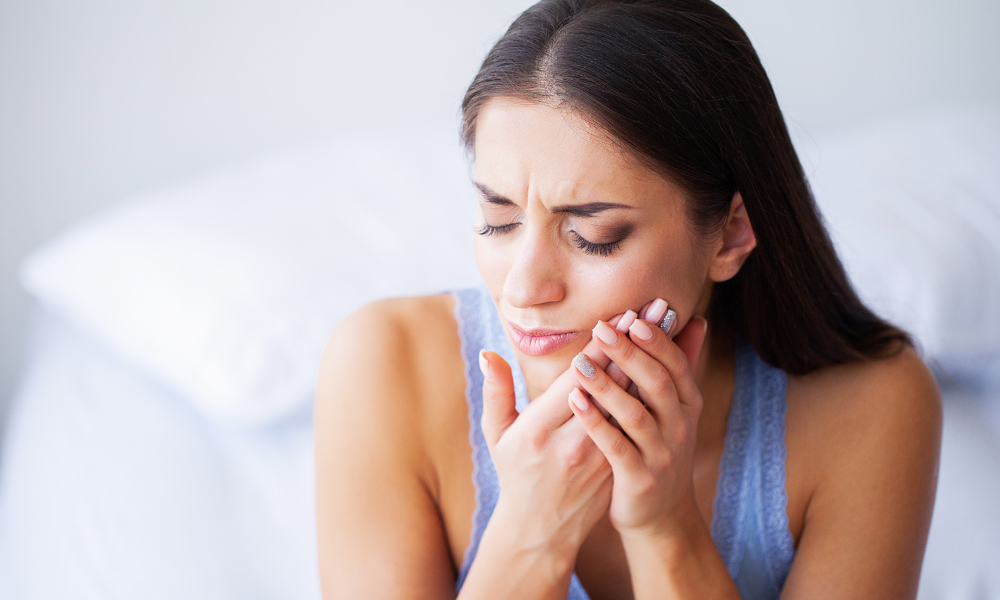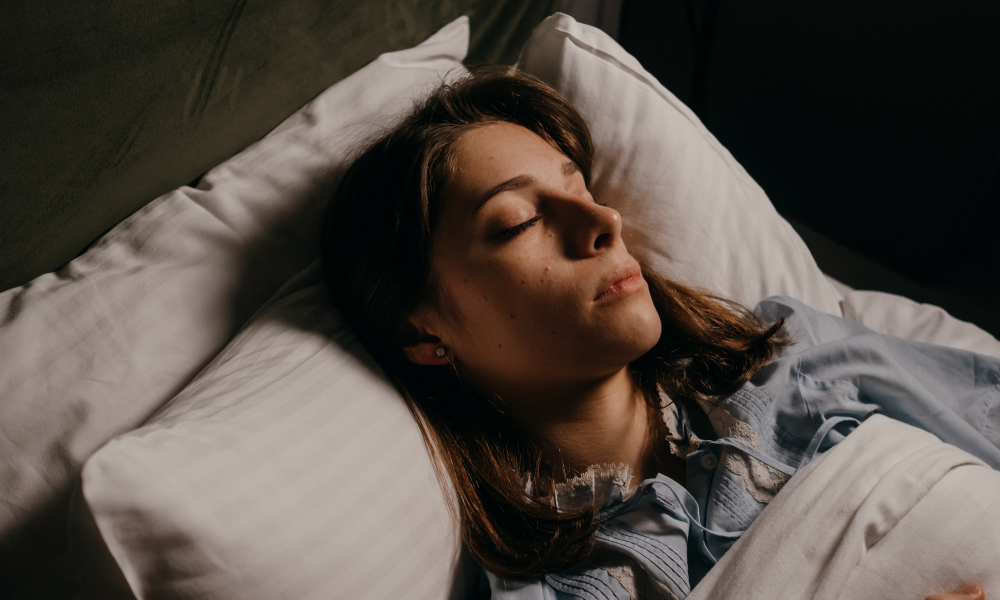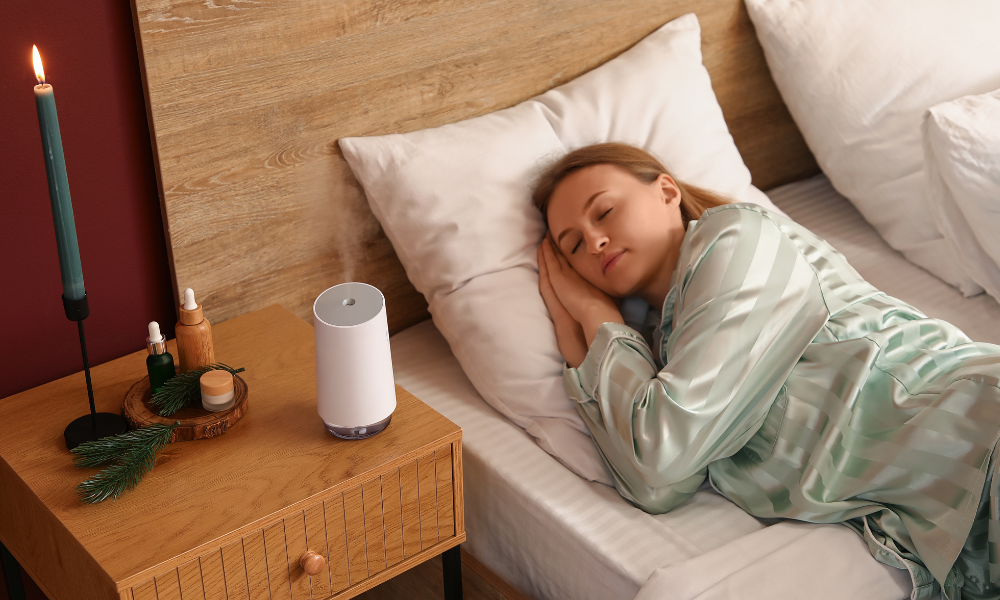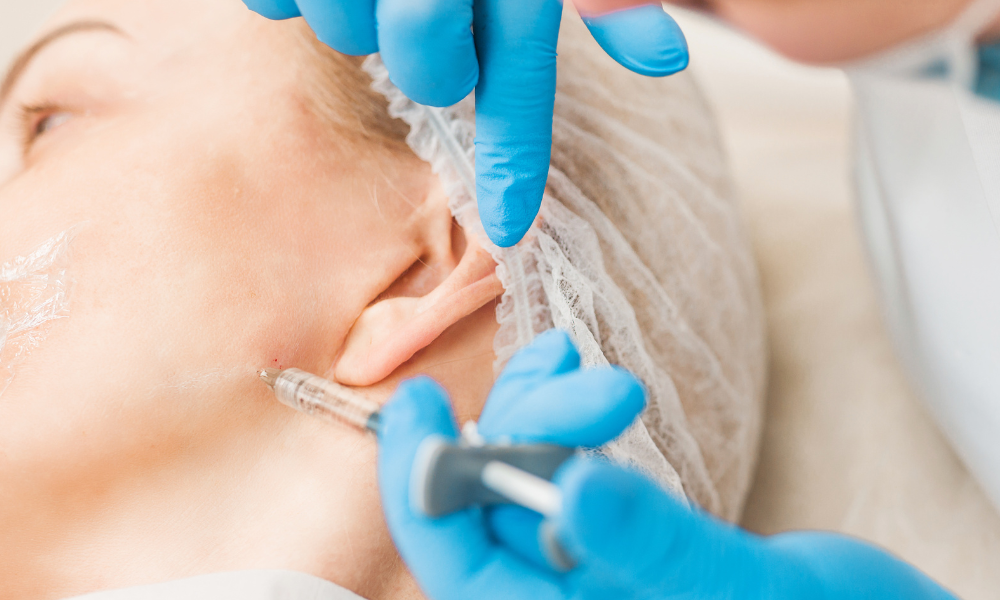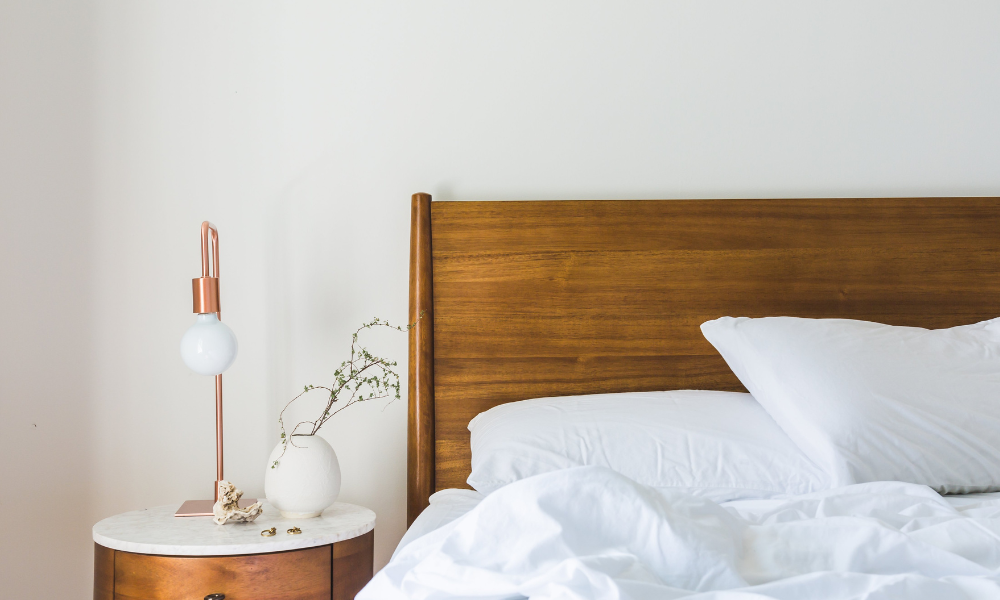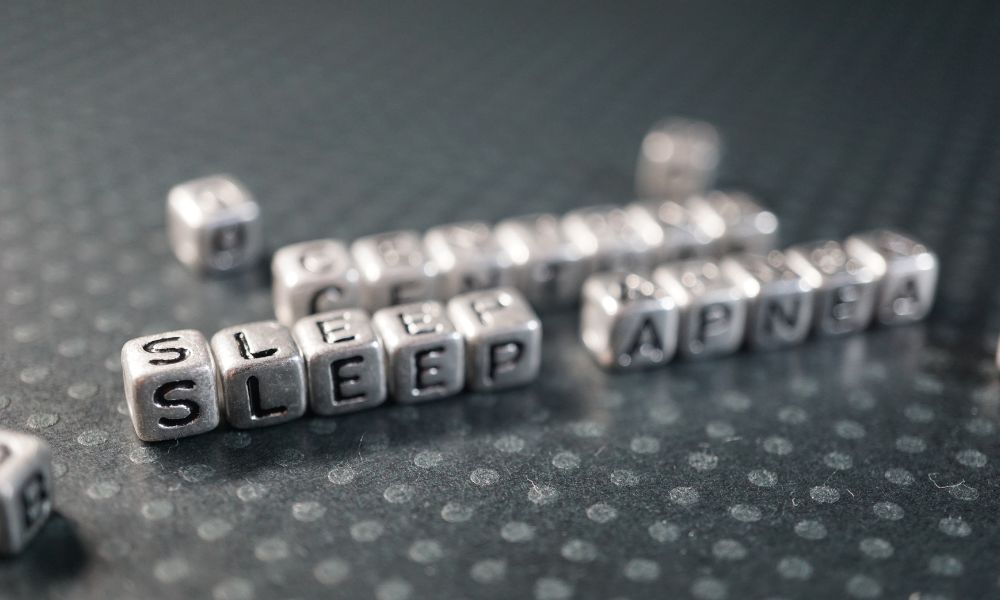
Oral appliances play a significant role in the treatment of sleep apnea and TMJ disorders, providing an effective and non-invasive solution to these disruptive conditions. With the right oral appliance tailored to your needs, you can experience significant relief from discomfort, pain, and the adverse effects of sleep apnea. This blog post will delve into the benefits and types of oral appliances available, equipping you with the knowledge needed to make informed decisions about your own treatment approach.
By understanding the mechanics and therapeutic advantages of oral appliances, you can discuss these personalized treatment options with your healthcare provider at Columbia Center for Sleep Apnea and TMJ. Together, you can achieve better sleep, reduced pain, and a significant improvement in your overall quality of life.
1. Types of Oral Appliances
Oral appliances come in various types, each addressing specific sleep apnea or TMJ disorder symptoms. Here are some commonly used oral appliances:
- Mandibular Advancement Devices (MADs): These appliances look similar to sports mouthguards and help treat sleep apnea by gently moving the lower jaw (mandible) forward. By doing so, MADs open up the airway and promote improved breathing during sleep. These devices are adjustable, allowing for a customized fit and optimal patient comfort.
- Tongue Retaining Devices (TRDs): TRDs are another type of oral appliance primarily designed to treat sleep apnea. They work by holding the tongue forward, preventing it from collapsing back and obstructing the airway during sleep. These devices are particularly useful for patients who cannot tolerate MADs.
- Occlusal Splints: Occlusal splints are custom-made oral appliances that help alleviate TMJ pain and discomfort by repositioning the jaw and providing a balanced bite. As a result, these devices reduce muscular strain and tension on the temporomandibular joints.
- Nightguards: Nightguards are oral appliances worn during sleep to protect teeth from clenching and grinding, known as bruxism. Bruxism is a common symptom of TMJ disorders and can exacerbate TMJ pain. By protecting the teeth from grinding, nightguards prevent further damage and relieve TMJ-related symptoms.
2. Benefits of Oral Appliances for Sleep Apnea
Oral appliances offer various benefits for individuals with sleep apnea, including:
- Non-invasive treatment: Unlike other treatment options such as continuous positive airway pressure (CPAP) or surgery, oral appliances are a non-invasive and comfortable solution to sleep apnea.
- Easy to wear: Oral appliances are custom-made based on each patient's unique dental anatomy, ensuring a comfortable fit and minimal disruption to sleep.
- Quiet operation: Unlike CPAP machines, oral appliances do not create noise, enabling you and your partner to enjoy a peaceful night's sleep.
- Portable and travel-friendly: Oral appliances are compact and easy to transport, making them an ideal option for individuals who travel frequently.
- Effectiveness: Numerous studies have demonstrated the efficacy of oral appliances in treating mild to moderate sleep apnea. [A study published in the American Journal of Respiratory and Critical Care Medicine](https://www.atsjournals.org/doi/full/10.1164/rccm.200206-478OC) found that oral appliances can be as effective as CPAP therapy in these cases.
3. Benefits of Oral Appliances for TMJ Disorders
Oral appliances used in TMJ disorder treatment offer multiple advantages:
- Pain relief: By repositioning the jaw and providing a balanced bite, occlusal splints alleviate TMJ pain and discomfort, enabling patients to perform daily activities with ease.
- Preventative care: Nightguards can prevent further tooth damage caused by clenching and grinding, ultimately contributing to improved oral health and reduced TMJ symptoms.
- Custom fit: Personalized oral appliances ensure minimal discomfort and optimal effectiveness in TMJ disorder management.
- Adjunct to other treatment options: Oral appliances can be used in conjunction with other TMJ treatment approaches, such as physical therapy, medications, or relaxation techniques, further enhancing patient outcomes.
4. How to Obtain a Custom Oral Appliance
Here are the general steps involved in obtaining a custom oral appliance:
- Consultation: Schedule an appointment with a sleep apnea or TMJ disorder specialist to discuss your symptoms, concerns, and suitability for oral appliance therapy.
- Evaluation and diagnosis: A comprehensive evaluation is carried out, which may include a sleep study, dental examination, and imaging tests (such as X-rays or MRIs) to determine the appropriate treatment method.
- Impressions & bite registration: Your dental professional will take impressions of your teeth and a record of your bite to create a customized oral appliance specifically for you.
- Fitting and adjustment: Once your oral appliance is ready, you will return to your specialist for fitting and adjustment. Ensure your device is comfortable and does not cause any discomfort or pain when worn.
- Follow-up care: Regular follow-up appointments with your healthcare provider are essential to monitor your progress, make necessary adjustments, and ensure your oral appliance remains effective in treating your sleep apnea or TMJ disorder.
Oral appliances offer practical and effective solutions for dealing with sleep apnea and TMJ disorders. By understanding the various types, benefits, and processes involved in obtaining an oral appliance, you can better consult with your healthcare provider to determine the most suitable treatment option for your unique needs.
Experience Relief with Custom Oral Appliances at Columbia Center for Sleep Apnea and TMJ
In conclusion, oral appliances provide notable benefits and effective treatment options for individuals suffering from sleep apnea and TMJ disorders. Their non-invasive nature, custom fit, and ease of use make them an ideal choice for many patients seeking relief from their symptoms. By consulting with a qualified healthcare provider, you can determine if an oral appliance is the right solution for you.
At Columbia Center for Sleep Apnea and TMJ, Dr. Bloxham excels in designing custom oral appliances tailored to your unique needs. Schedule a consultation with us]today to explore the benefits of our treatments and improve your overall quality of life. Let Dr. Bloxham provide you with
CPAP alternatives to help you conquer sleep apnea and TMJ disorders with personalized, compassionate care.
